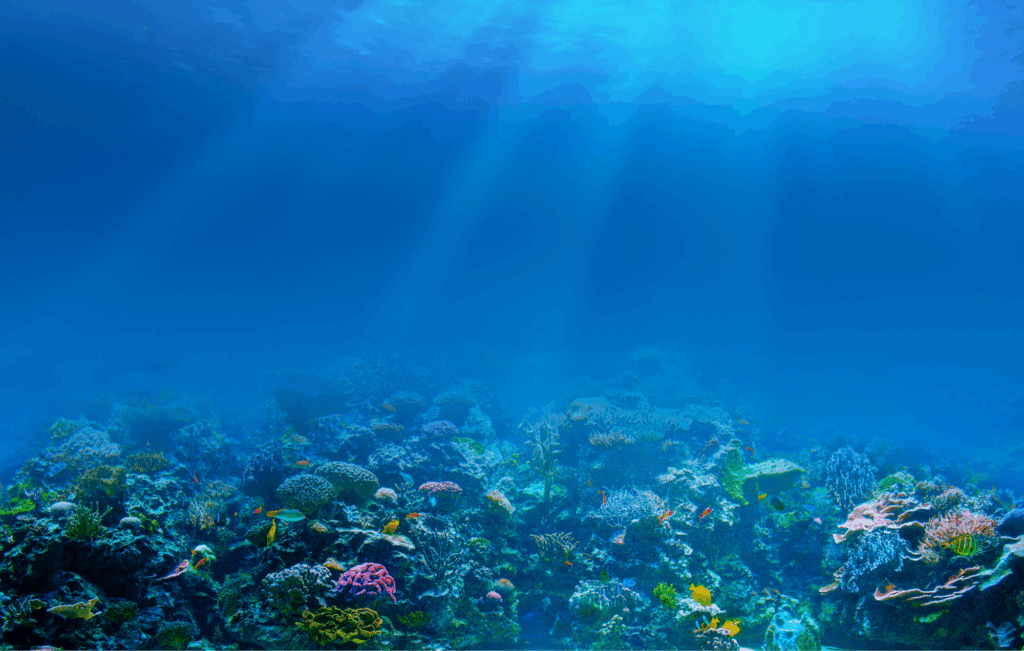The Big Picture: A groundbreaking study documents 34 cases of wild killer whales attempting to provision humans with prey and other items across four oceans. This behavior, previously unrecorded at this scale, suggests a form of interspecies exploration and possible altruism that challenges our understanding of cetacean cognition and social intelligence.
Methodology: Researchers collected data from their own experiences and interviews with others who witnessed killer whales offering items to humans. Events were only included if they met specific criteria regarding distance and approach, ensuring the offerings were intentional. The study analyzed 34 cases across six killer whale populations.
The Discovery: Killer whales of all ages and both sexes were observed offering a variety of items to humans on boats, in water, and on shore. In 97% of cases, whales waited for a human response before reacting further. Items offered included fish, mammals, birds, and even seaweed, with 50% of offerings being whole prey items.
Limitations: The study relies on opportunistic observations and may not capture all instances of this behavior. Additionally, the motivations behind these offerings remain speculative, as the whales’ intentions cannot be directly determined.
The Takeaway: This study reveals a previously undocumented level of interspecies interaction initiated by killer whales, suggesting complex cognitive abilities and potential altruistic tendencies. It opens new avenues for understanding cetacean intelligence and the evolution of cooperative behaviors across species boundaries.

